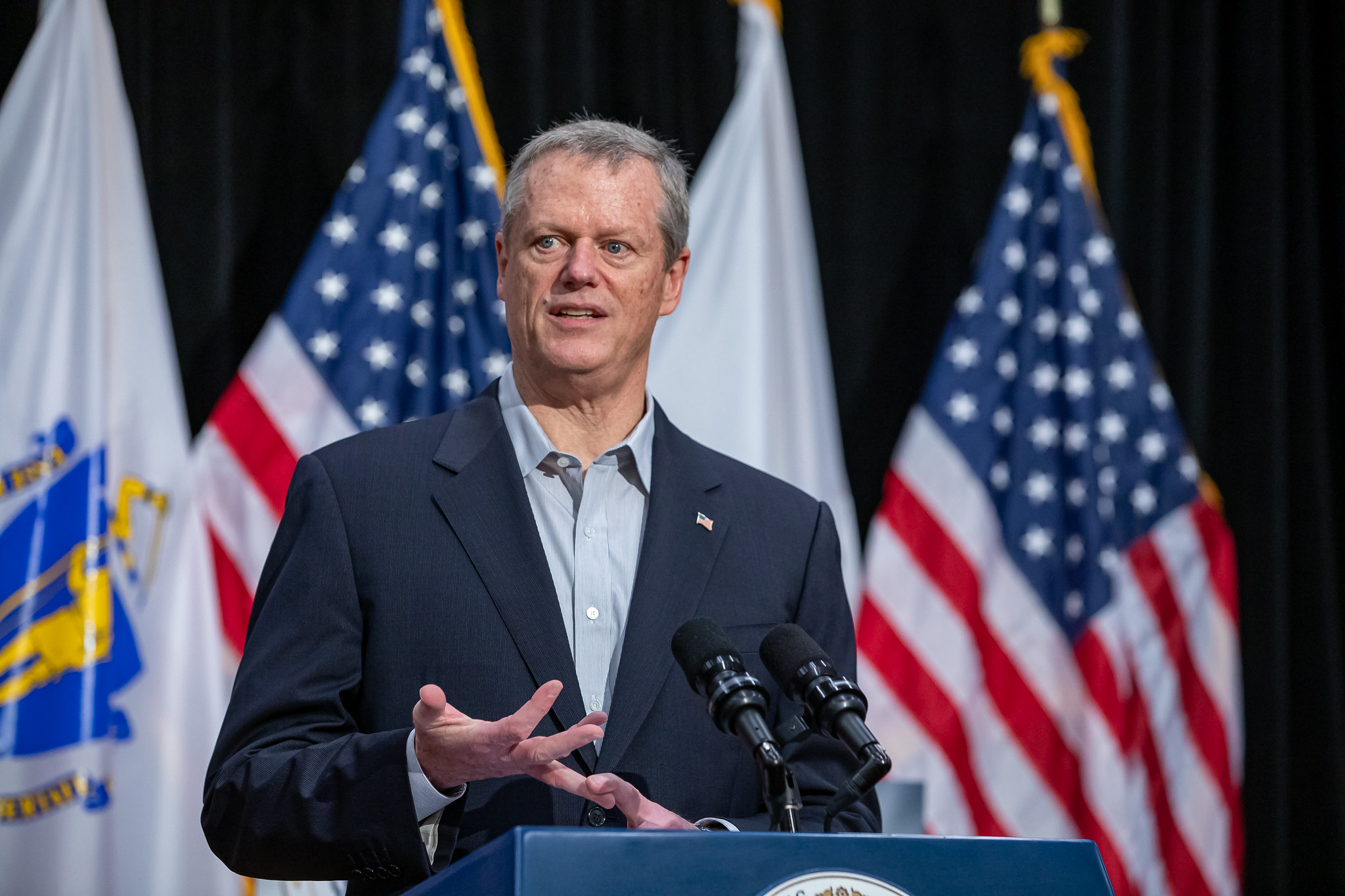As public health officials roll out contact tracing initiatives in Massachusetts to reduce the spread of the coronavirus, the Better Business Bureau says it has received a dozen complaints from people who say they were contacted by scammers.
"They prey on the fears, they prey on the situations like this,: said Paula Fleming with the Better Business Bureau.
In most of the cases, consumers received messages via text, email or a social media messenger, saying they had come into contact with someone who had tested positive for COVID-19, the disease caused by the new coronavirus.
"The message then instructs you to self-isolate, and provides a link for more information," Fleming explained. "What happens is when you click the link, either from your text message or social media, you are downloading malware to your device."
This allows criminals to access financial and personal information from your device.
Another version of the scheme involves a robocall that informs you you’ve been exposed to someone who tested positive for COVID-19. If you agree to speak to a representative, they'll ask for personal information.
"If someone is using a friend or family member's name when they call you, that's another red flag," Fleming said.
More on the Coronavirus
Real contact tracers in Massachusetts, working with the Department of Health, have been reaching out to affected individuals for the past 6 weeks. Dr. Joia Mukherjee is the Chief Medical Officer for Partners Health and is in charge of the effort.
"This is all really about care and concern, and it's not about policing or personal identification," Mukherjee said.
Real contact tracers will always call and identify themselves. They will never email you but may send a text with a number for you to call back to speak to someone directly.
"We have really been insistent on the human connection, precisely because of the security aspects, so all of our calls will come with a Mass. COVID tag and we worked with all the telecom companies across the state to make sure that that happens, even if people aren't paying for caller ID," Mukherjee said. "If it's not a person on the other line, it's not the state."
Real contact tracers will never reveal the identity of the person who has tested positive. They will ask you to confirm your name, address, and date of birth. They will ask about your current health, medical history and recent travels, but they will never ask for financial information.
"It's a very formal interview," Mukherjee said. "You're not giving your social security. There's nothing like that. It's about giving you information about quarantine, not taking information."
Remember, if you're contacted by fraudulent contact tracers, just hang up the phone and don't respond to texts or social media messages.



